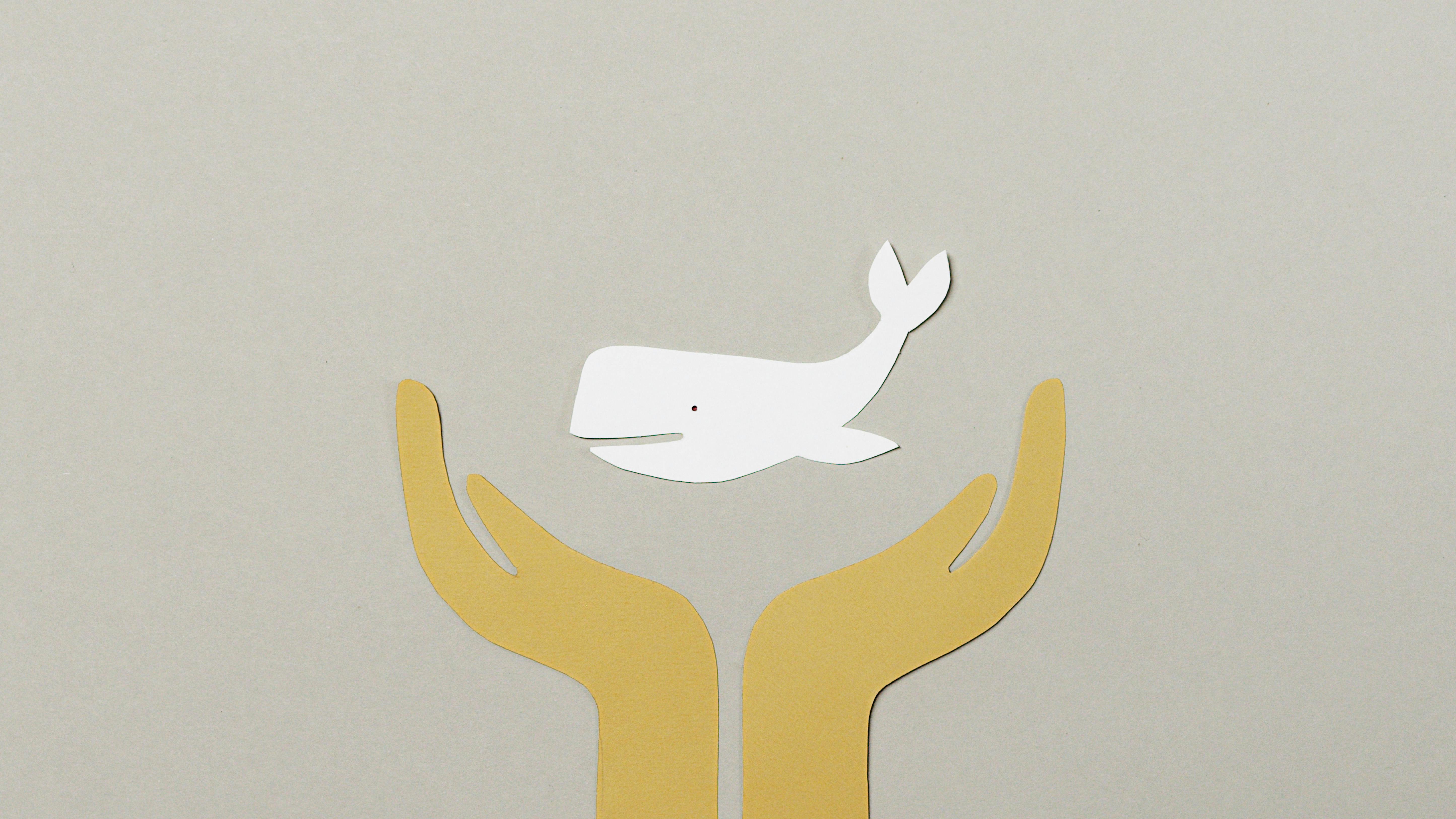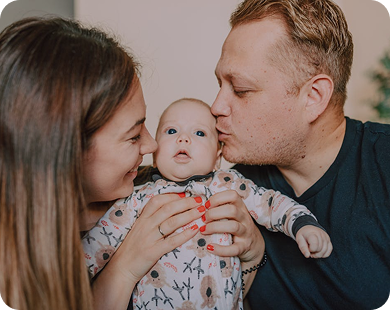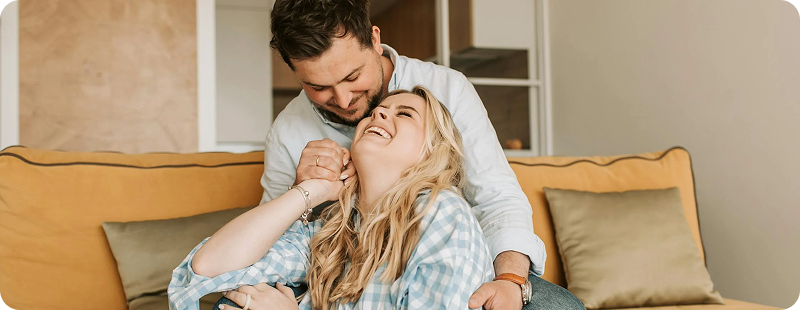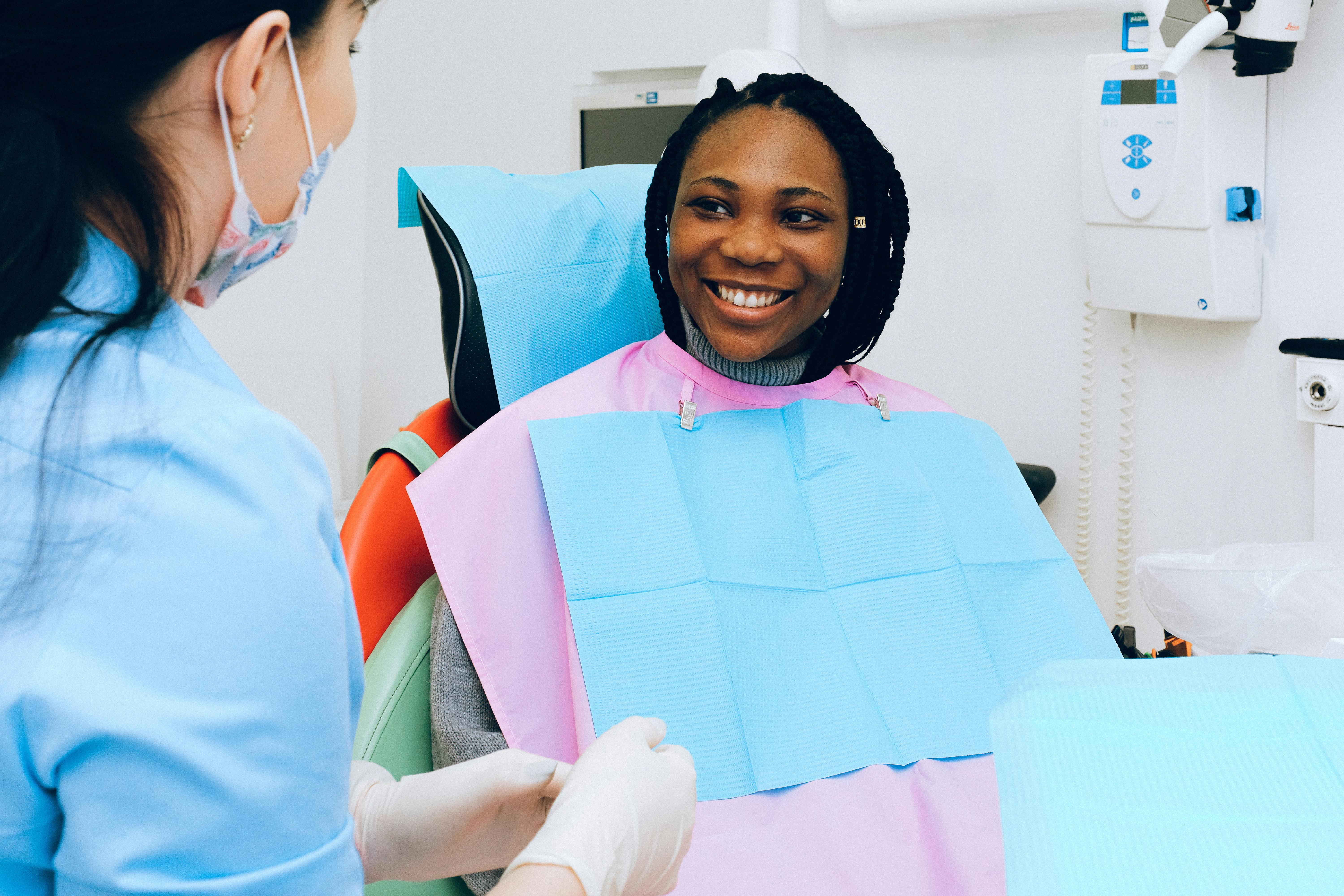IUI with donor sperm offers a less invasive fertility treatment option with unique considerations compared to using partner sperm. You can expect different preparation steps, emotional aspects, and success rates that vary based on your specific situation and age.
Understanding IUI with Donor Sperm
Intrauterine insemination (IUI) with donor sperm is a fertility treatment where carefully selected and processed donor sperm is placed directly into your uterus during ovulation. This procedure bypasses potential barriers in the cervix and gives sperm a head start in reaching your egg.
The process differs significantly from traditional IUI with partner sperm in several important ways. You'll work with donor sperm that has already been screened, tested, and frozen, which affects timing and preparation protocols.
| Aspect | Partner Sperm IUI | Donor Sperm IUI |
|---|---|---|
| Sperm preparation time | 2-3 hours on procedure day | Pre-prepared and frozen |
| Timing flexibility | Can adjust based on partner availability | More predictable scheduling |
| Screening requirements | Basic testing recommended | Extensive pre-screening completed |
| Emotional preparation | Focuses on couple dynamics | Involves donor selection process |
Key Differences in the Treatment Process
When you choose IUI with donor sperm, several aspects of your treatment journey will be different from conventional IUI procedures. Understanding these differences helps you prepare mentally and physically for what lies ahead.
Donor Selection and Preparation
Your first major difference involves selecting a sperm donor. This process typically takes place weeks before your actual treatment cycle begins. You'll review donor profiles that include medical history, physical characteristics, education background, and sometimes personal essays or audio recordings.
The donor sperm you receive has undergone extensive screening including genetic testing, infectious disease panels, and psychological evaluations. This comprehensive screening process means the sperm is ready for immediate use once thawed, unlike fresh partner sperm that requires same-day processing.
Cycle Monitoring and Timing
Your monitoring schedule remains similar to partner sperm IUI, but the timing coordination becomes more straightforward. You won't need to coordinate with a partner's schedule for sperm collection, which can reduce stress and timing pressures.
Most clinics recommend ovarian stimulation medications to increase your chances of releasing multiple eggs during the cycle. This approach can improve success rates, especially if you're over 35 or have been trying to conceive for an extended period.
| Monitoring Step | Typical Timeline | Purpose |
|---|---|---|
| Baseline ultrasound | Cycle day 2-3 | Confirm ovaries are ready for stimulation |
| Mid-cycle monitoring | Cycle day 8-10 | Check follicle development |
| Trigger shot timing | When follicles reach 18-20mm | Ensure precise ovulation timing |
| IUI procedure | 24-36 hours after trigger | Optimal timing for fertilization |
Success Rates and Realistic Expectations
Success rates for IUI with donor sperm vary significantly based on your age, underlying fertility factors, and whether you use fertility medications. According to recent studies, success rates per cycle range from 10-20% for women under 35, decreasing with age (Fertility and Sterility, 2023).
Dr. Sarah Johnson, reproductive endocrinologist at Stanford Fertility Center, explains: "IUI with donor sperm often shows higher success rates than IUI with male factor infertility because we're using high-quality, motile sperm that has passed rigorous screening" (Johnson, 2023).
Factors Affecting Your Success
Several factors influence your likelihood of success with donor sperm IUI. Your age remains the most significant factor, but other elements also play important roles in determining outcomes.
| Age Group | Success Rate Per Cycle | Cumulative Success (3 cycles) |
|---|---|---|
| Under 30 | 15-20% | 35-45% |
| 30-35 | 12-18% | 30-40% |
| 35-40 | 8-15% | 20-35% |
| Over 40 | 5-10% | 12-25% |
Your individual success rates may be higher or lower based on factors like endometriosis, ovarian reserve, and tubal function. A thorough evaluation before starting treatment helps establish realistic expectations for your specific situation.
Emotional and Psychological Considerations
Choosing donor sperm involves unique emotional considerations that differ from using partner sperm. Many patients experience a range of feelings throughout the process, from relief at having a solution to concerns about genetic connections.
The decision-making process often involves grief over not using partner sperm, excitement about moving forward, and questions about future disclosure to children. These feelings are completely normal and part of the journey toward building your family.
Preparing for the Emotional Journey
Consider counseling before starting treatment to process your feelings about using donor sperm. Many fertility clinics, including specialized centers, offer counseling services specifically designed for patients using donor gametes.
Support groups, either in-person or online, can connect you with others who have walked similar paths. Managing emotional ups and downs becomes easier when you have a support network that understands your experience.
Physical Preparation and What to Expect
Physical preparation for IUI with donor sperm follows similar protocols to partner sperm procedures, with some modifications. Your body preparation focuses on optimizing your reproductive health and timing ovulation precisely.
Pre-Treatment Preparation
Before starting your IUI cycle, you'll complete baseline testing including hormone levels, infectious disease screening, and a physical examination. Some patients benefit from supplements to improve stimulation response and overall reproductive health.
| Preparation Area | Recommended Actions | Timeline |
|---|---|---|
| Nutrition | Folic acid, prenatal vitamins | 3 months before treatment |
| Lifestyle | Regular exercise, stress management | Ongoing |
| Medical optimization | Address thyroid, diabetes, other conditions | 2-3 months before |
| Cycle tracking | Monitor natural cycles, identify patterns | 1-2 months before |
The Procedure Day Experience
On the day of your IUI procedure, the donor sperm is thawed and prepared while you arrive at the clinic. The actual insemination takes only a few minutes and feels similar to a pap smear for most patients.
After the procedure, you'll rest briefly before resuming normal activities. Some clinics recommend progesterone supplementation to support the luteal phase and improve implantation chances.
Comparing Treatment Options
When considering fertility treatments, you might wonder whether to start with IUI or move directly to IVF. The choice depends on your age, diagnosis, and personal preferences regarding treatment intensity and cost.
IUI with donor sperm offers a less invasive starting point, especially for patients with unexplained infertility, ovulation disorders, or cervical factor infertility. However, determining if IUI is worth trying before IVF depends on your individual circumstances.
| Treatment | Invasiveness | Success Rate | Cost Consideration |
|---|---|---|---|
| IUI with donor sperm | Low | 10-20% per cycle | Lower upfront cost |
| IVF with donor sperm | Moderate | 40-60% per cycle | Higher upfront cost |
| Natural conception attempts | None | Varies by diagnosis | Minimal medical costs |
Legal and Practical Considerations
Using donor sperm involves legal considerations that differ from partner sperm procedures. Reputable sperm banks handle legal documentation, but understanding your rights and responsibilities remains important.
Donor anonymity levels vary by sperm bank and donor choice. Some donors agree to future contact when children reach adulthood, while others maintain complete anonymity. Consider your preferences about known versus anonymous donation when making selections.
Documentation and Records
Keep detailed records of your donor selection, treatment cycles, and outcomes. This information becomes valuable if you pursue additional treatments or want to use the same donor for future pregnancies.
Many patients choose to purchase multiple vials from the same donor to ensure availability for future treatments or sibling pregnancies. Determining how many vials to purchase depends on your family planning goals and budget considerations.
Optimizing Your Treatment Success
Several strategies can help optimize your chances of success with IUI and donor sperm. While you cannot control all factors affecting fertility, you can influence many aspects of your treatment outcome.
Lifestyle Modifications
Focus on maintaining a healthy weight, managing stress levels, and avoiding harmful substances like tobacco and excessive alcohol. Balancing exercise and fertility helps optimize your body's reproductive function without overdoing physical stress.
Consider complementary therapies like acupuncture for fertility support, which some studies suggest may improve IUI success rates by reducing stress and improving blood flow to reproductive organs.
Timing and Monitoring Optimization
Work closely with your medical team to optimize timing protocols. Some patients benefit from back-to-back IUI procedures in a single cycle, though this approach isn't suitable for everyone.
Precise timing of the trigger shot and IUI procedure significantly impacts success rates. Trust your medical team's monitoring and timing recommendations, as they're based on your individual response patterns.
When to Consider Alternative Approaches
Most reproductive endocrinologists recommend trying 3-4 IUI cycles before considering IVF, but this timeline varies based on your age and specific circumstances. Determining how many IUI attempts before moving to IVF requires balancing success probability with emotional and financial considerations.
If you have additional fertility factors like blocked tubes, severe endometriosis, or advanced maternal age, your doctor might recommend moving to IVF sooner. The decision should align with your goals, timeline, and comfort level with different treatment intensities.
| Scenario | Recommended Approach | Reasoning |
|---|---|---|
| Age under 35, no other factors | 3-4 IUI cycles | Good success rates, less invasive |
| Age 35-40, unexplained infertility | 2-3 IUI cycles | Balance time efficiency with invasiveness |
| Age over 40 | 1-2 IUI cycles or direct to IVF | Time sensitivity due to declining egg quality |
| Known tubal or severe male factors | Consider IVF first | IUI unlikely to overcome these barriers |
Support Resources and Next Steps
Building a strong support network enhances your treatment experience and emotional well-being throughout the process. Consider connecting with fertility support resources that understand the unique aspects of using donor sperm.
Many patients find value in connecting with others who have used donor sperm through online communities, support groups, or counseling services. These connections provide practical advice and emotional support from people who truly understand your experience.
Preparing for Success
Whether your IUI with donor sperm succeeds on the first try or requires multiple attempts, having realistic expectations and strong support helps you navigate the journey. Focus on what you can control while accepting that fertility treatment involves some uncertainty.
Consider how you'll handle both positive and negative outcomes. Planning for pregnancy and preparing for potential next steps helps you feel more in control of your fertility journey.
Frequently Asked Questions
How many IUI cycles with donor sperm should I try before considering IVF?
Most doctors recommend 3-4 IUI cycles for women under 35, and 2-3 cycles for women over 35. Your specific situation, including age and underlying fertility factors, influences this recommendation.
Is IUI with donor sperm more successful than with partner sperm?
IUI with donor sperm often shows higher success rates when male factor infertility is present, as donor sperm has already passed quality screening. However, success rates depend more on female factors like age and ovarian function.
What's the difference in cost between IUI and IVF with donor sperm?
IUI typically costs significantly less per cycle than IVF, but may require more cycles to achieve pregnancy. Consider both per-cycle costs and cumulative costs when making treatment decisions.
Can I use the same donor for multiple pregnancies?
Yes, many patients purchase multiple vials from the same donor for consistency across pregnancies. However, donor availability may change over time, so consider your long-term family planning goals.
How do I choose the right sperm donor?
Focus on factors most important to you, such as medical history, physical characteristics, education, or personality traits. Consider working with a counselor to clarify your priorities and decision-making process.
Considering fertility treatment with donor sperm? Avida Fertility is here to support and guide you on your fertility journey. Our experienced team understands the unique aspects of donor sperm IUI and provides personalized care throughout your treatment. Reach out today for a consultation and take the first step towards building your family with confidence.






.png)







.svg)
.svg)
